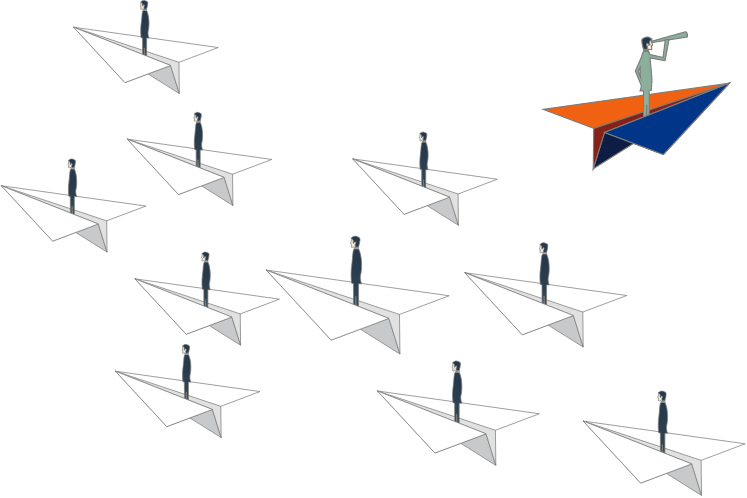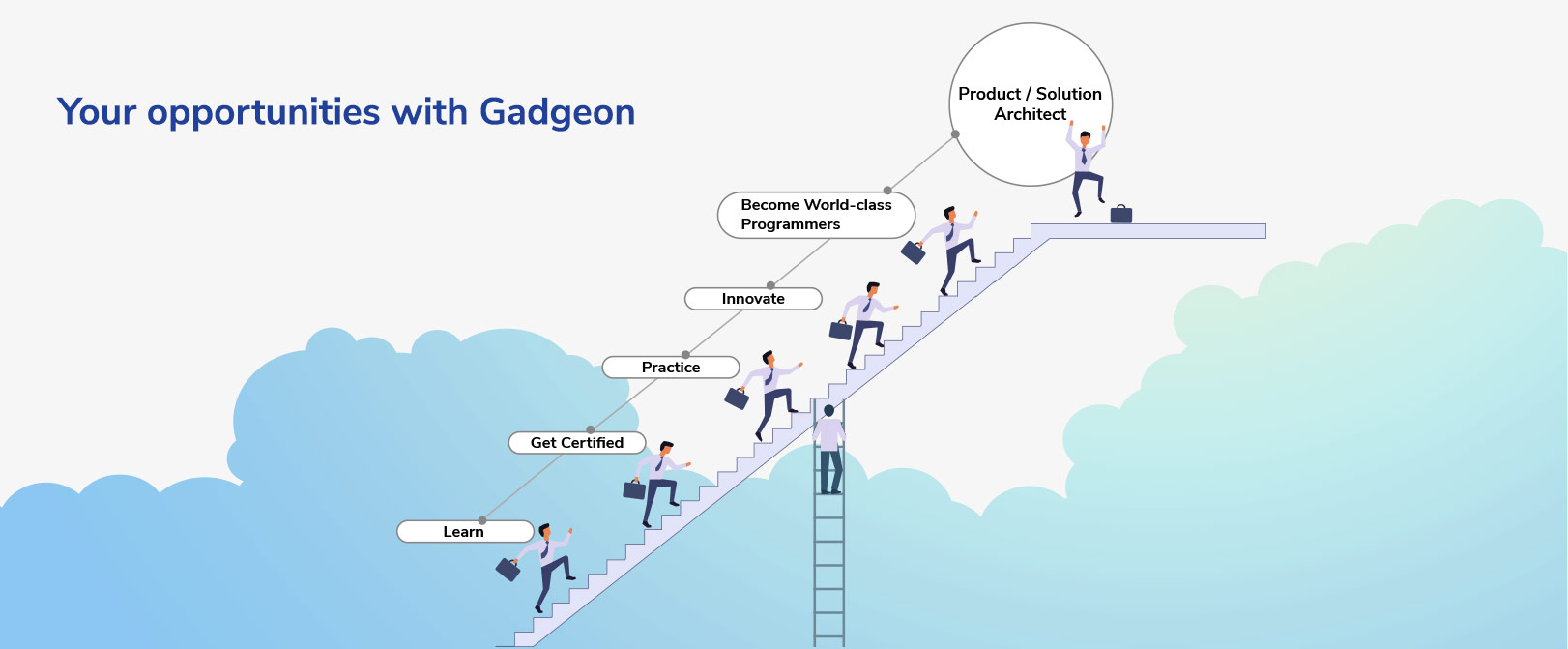

Gadgeon has it's own Products, Platforms, Devices, and Solutions


The main responsibility for the technical writer is to produce all technical information aimed for the consumer that is connected to our products and solutions. This includes printed manuals, quick guides and other booklets, texts in product User Interfaces, illustrations, animations, help system, project files etc in products, apps and software and to document legal requirements. Everything that is used to describe the functionality of our products, apps and software solutions towards the end consumer.
ROLES & RESPONSIBILITY
6 to 9 Years
Cloud engineers are responsible for the development, implementation, and maintenance of cloud infrastructure solutions. They will be responsible to design, develop, test, deploy, troubleshoot, support, and maintain a wide range of large-scale deployment of enterprise applications in Azure, AWS, and Google Cloud Services. The cloud engineer is expected to have experience with Microsoft Office Suite (Word, Excel) as well as other software platforms, such as Ansible, Terraform, GitLab and JIRA.
Roles & Responsibilities
Lead the engineering team inclusive of hardware, mechanical for specific projects.
The candidate shall be responsible for creating new hardware designs and associated work within them. The works include Design phase study, hardware design, choosing appropriate electronic components, Schematic Entry, BOM management, Support to Layout Engineers, PCB Rework, board bring-up and testing, electrical/signal level validation, support in integration testing, breadboarding, working with cross-functional teams for the timely and smooth project delivery.
B.Tech ECE/ M.Tech (Experienced 1-3 years)
Design and Implement CI/CD Pipelines:
Develop and maintain robust CI/CD pipelines for various development teams.
Infrastructure Management:
Infrastructure as Code (IaC):
Collaboration with Development Teams:
Automation and Optimization:
Security and Compliance:
Monitoring and Troubleshooting:
Documentation and Training:
We are seeking an experienced and dedicated GRC (Governance, Risk, and Compliance) Analyst to join our dynamic team. In this role, you will play a crucial part in ensuring the organizations & adherence to regulatory requirements, privacy standards, security practices, and technical audits. While reporting to the Security Compliance Manager, your primary focus will be on supporting customer’s compliance activities around ISO27001, CCPA, CPRA, HIPAA, ISO9001, GDPR, FDA Security Standards, and SOX. You will also manage administrative tasks and security & privacy initiatives using the One Trust platform. Additionally, your role will involve contract reviews, compliance reporting, technical audits, and assisting in the establishment of security and privacy metrics/KPIs.
We are looking for a skilled and motivated Senior Mobile Developer to join our team. As a Senior Mobile Developer, you will be responsible for developing high-quality mobile applications for both Android and iOS platforms. Your extensive experience with Xamarin and knowledge of Maui will be crucial in delivering innovative and high-quality mobile solutions.
5 + Years
This website uses 'cookies' or bits of information to analyse and understand your preferences. We use it for analytics and metrics to know about our website visitors. You can know more about cookies from our privacy policy
